
Maintaining optimal brain health and enhancing memory are essential for leading a productive and fulfilling life. While factors like genetics and lifestyle play a role, incorporating nutrient-rich superfoods into your diet can significantly support cognitive function and memory retention. In this article, we’ll explore 10 of the best superfoods known for their memory-boosting properties.
Factors Affecting Memory
Memory is a complex cognitive process influenced by various internal and external factors. Understanding these factors can shed light on why memory function may fluctuate and how we can optimize it for better retention and recall. Here are some key factors that can affect memory.
1-Stress: High levels of stress can impair memory formation and retrieval. Chronic stress can lead to elevated cortisol levels, which interfere with the hippocampus, a brain region crucial for memory consolidation.
2-Sleep: Adequate sleep is essential for memory consolidation. During sleep, the brain processes and stores newly acquired information, strengthening memory traces. Sleep deprivation can impair cognitive function, including memory, attention, and decision-making.
3-Nutrition: Diet plays a significant role in brain health and memory function. Nutrient deficiencies, particularly in vitamins B, C, D, and E, as well as omega-3 fatty acids, can impact cognitive abilities. Consuming a balanced diet rich in antioxidants, vitamins, and minerals is essential for optimal brain function.
4-Physical Activity: Regular exercise has been shown to enhance cognitive function, including memory. Physical activity promotes blood flow to the brain, stimulates the release of growth factors, and supports the formation of new neural connections.
5-Lifestyle Habits: Certain lifestyle habits, such as smoking, excessive alcohol consumption, and substance abuse, can impair memory and cognitive function. These habits may contribute to neurodegenerative diseases and accelerate age-related cognitive decline.
6-Environmental Factors: Environmental factors, such as pollution, noise pollution, and exposure to toxins, can impact brain health and memory function. Minimizing exposure to environmental pollutants and maintaining a clean and healthy living environment is important for cognitive health.
7-Mental Stimulation: Engaging in mentally stimulating activities, such as puzzles, reading, learning new skills, and social interaction, can help maintain cognitive function and preserve memory as we age. Mental stimulation promotes neuroplasticity, the brain’s ability to adapt and reorganize neural pathways.
8-Medical Conditions: Certain medical conditions, such as depression, anxiety, thyroid disorders, and neurological diseases, can affect memory function. Managing these conditions effectively through medication, therapy, and lifestyle interventions can help mitigate their impact on memory.
Now, Let’s explore 10 of the best superfoods known for their memory-boosting properties.
1-Blueberries

Blueberries are rich in antioxidants, particularly flavonoids, which have been linked to improved memory function. Consuming blueberries regularly may help delay age-related cognitive decline and enhance brain health.
2- Fatty Fish
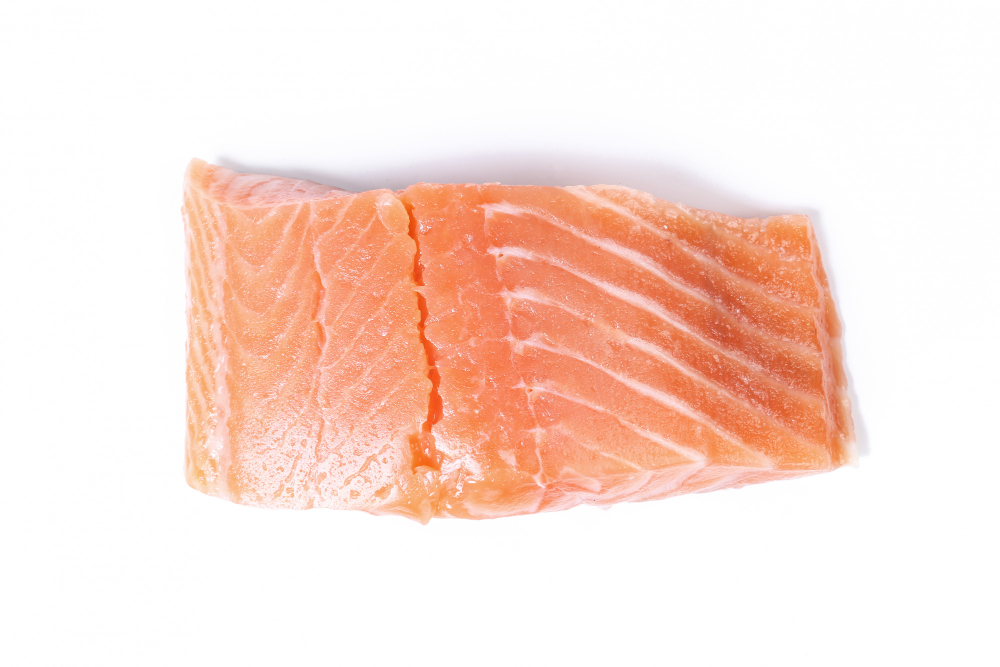
Fatty fish like salmon, trout, and sardines are abundant sources of omega-3 fatty acids, particularly EPA and DHA. These essential fatty acids play a crucial role in brain function and have been associated with improved memory and cognitive performance.
3-Turmeric
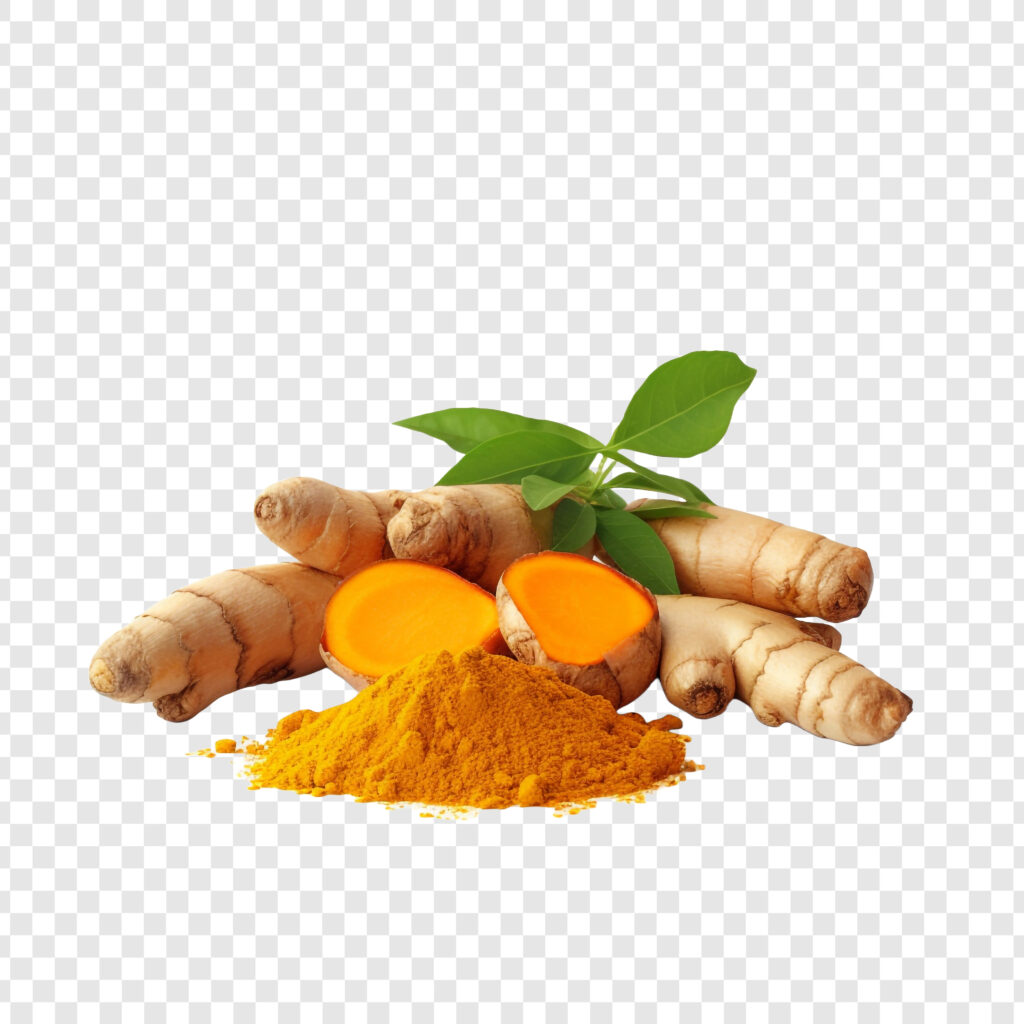
Curcumin, the active compound in turmeric, possesses potent anti-inflammatory and antioxidant properties. Research suggests that turmeric may help enhance memory and reduce the risk of age-related cognitive decline.
4-Broccoli
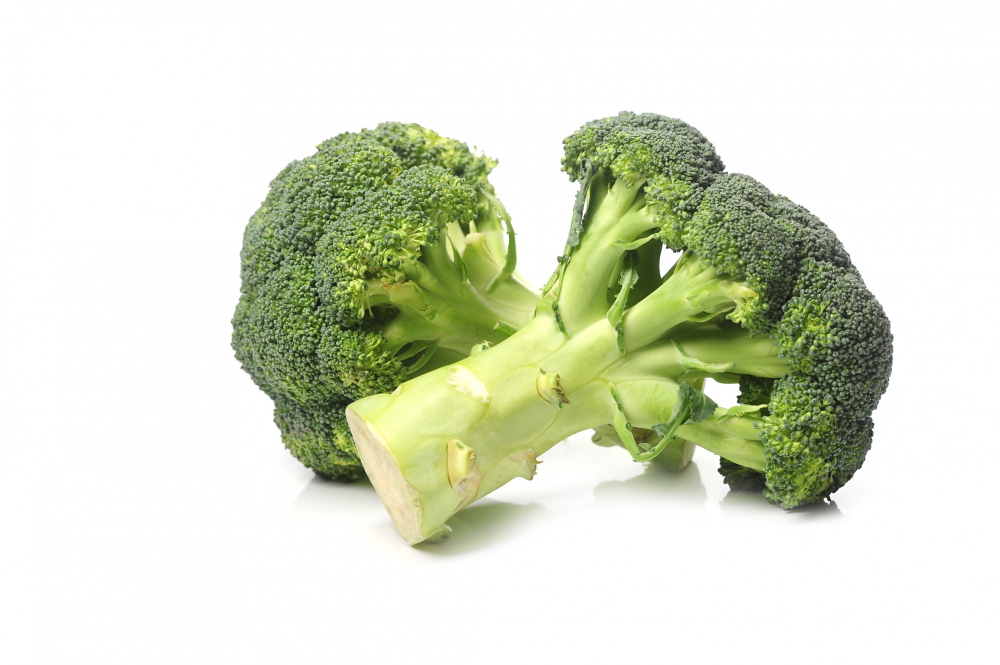
Broccoli is packed with nutrients, including antioxidants and vitamin K, which are essential for brain health. Studies have shown that compounds found in broccoli may help improve cognitive function and protect against neurodegenerative diseases.
5-Pumpkin Seeds

Pumpkin seeds are rich in magnesium, iron, zinc, and antioxidants, making them excellent for brain health. These nutrients support cognitive function and may help improve memory and concentration.
6-Walnuts
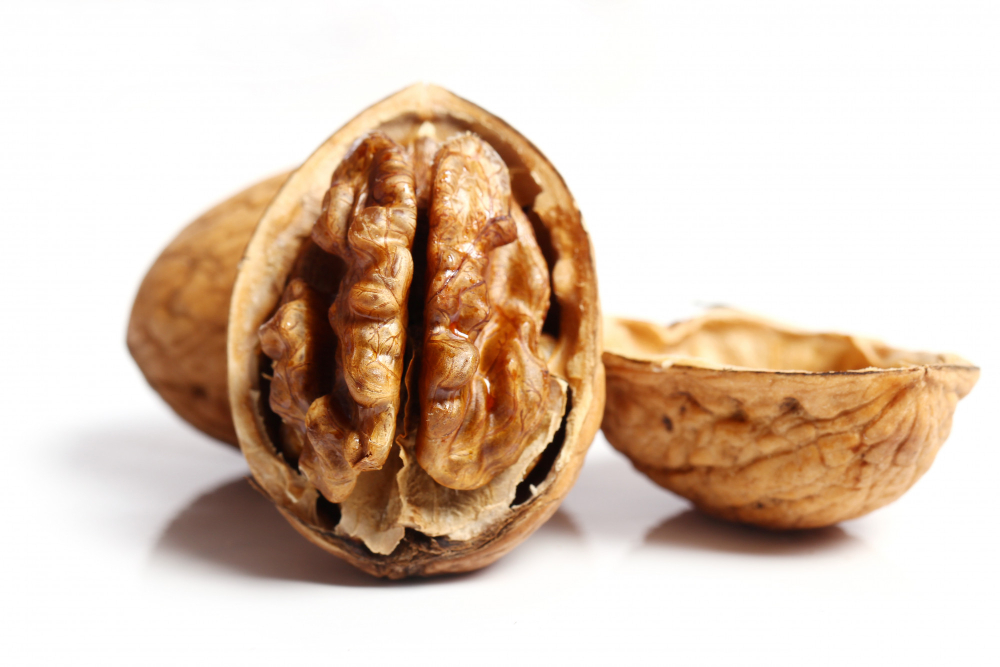
Walnuts are a great source of alpha-linolenic acid (ALA), a type of omega-3 fatty acid, along with antioxidants and vitamins. Consuming walnuts regularly has been linked to improved cognitive function and may help protect against age-related cognitive decline.
7-Dark Chocolate

Dark chocolate contains flavonoids, caffeine, and antioxidants, all of which have been shown to benefit brain health. Moderate consumption of dark chocolate may enhance memory, focus, and mood.
8-Oranges
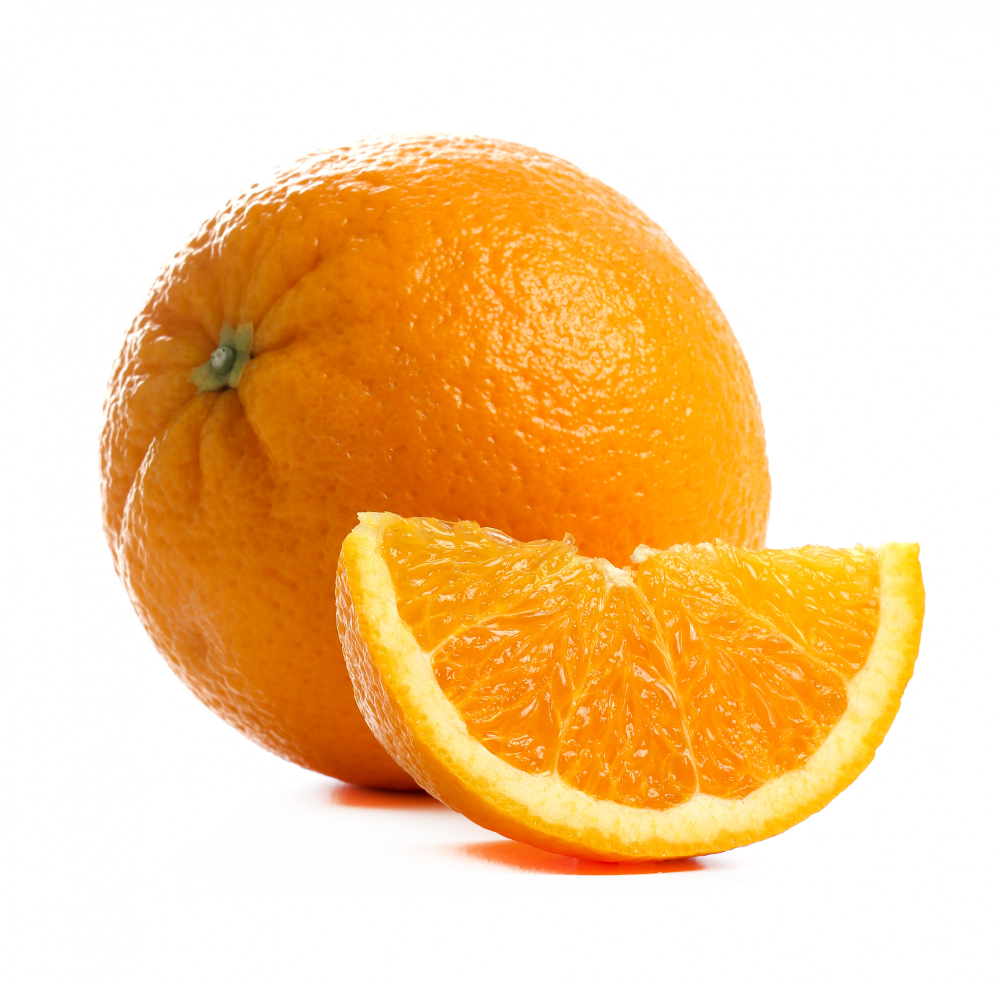
Oranges are high in vitamin C, which is essential for protecting brain cells from damage caused by free radicals. Additionally, vitamin C may help improve cognitive function and memory.
9-Spinach
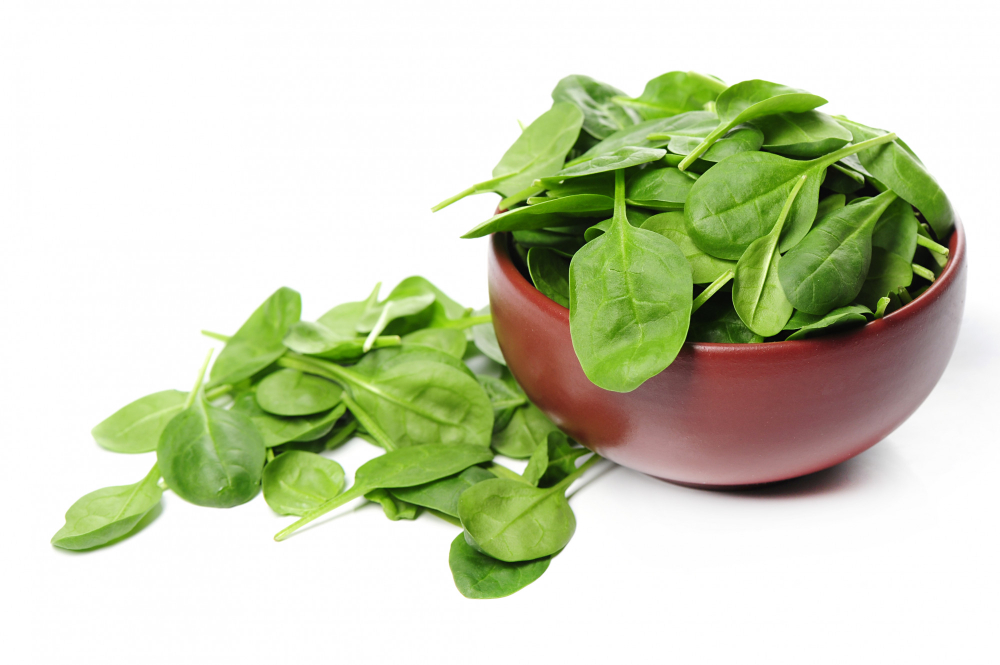
Spinach is rich in antioxidants, vitamins, and minerals, including vitamin K, which has been linked to improved brain function and memory. Incorporating spinach into your diet can support overall brain health.
10-Eggs
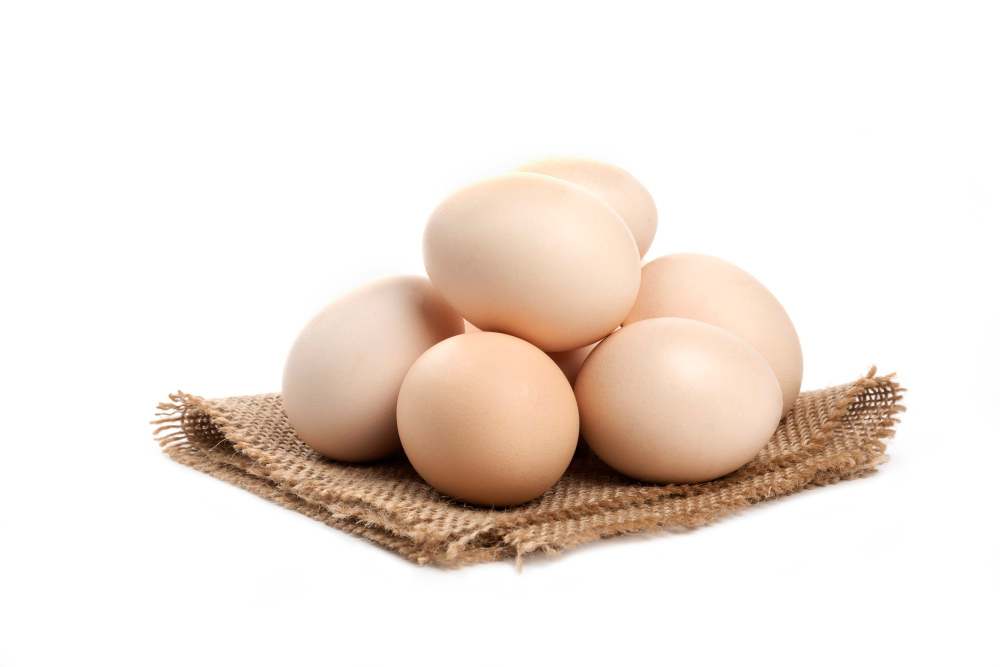
Eggs are packed with nutrients like choline, which is essential for brain development and function. Choline plays a role in neurotransmitter synthesis and has been associated with improved memory and cognitive performance.
Tips for Incorporating Superfoods into Your Diet
Incorporating memory-boosting superfoods into your diet doesn’t have to be complicated or time-consuming. With a few simple tips and creative ideas, you can enjoy the nutritional benefits of these powerhouse foods in delicious and satisfying ways. Here are some tips to help you incorporate superfoods into your daily meals.
1-Start Small: Begin by incorporating one or two superfoods into your diet each week. This gradual approach allows you to experiment with different flavors and textures without feeling overwhelmed.
2-Mix and Match: Get creative with your meals by combining multiple superfoods in one dish. For example, create a colorful salad with spinach, blueberries, walnuts, and salmon, or blend a smoothie with kale, avocado, and berries for a nutrient-packed breakfast or snack.
3-Snack Smart: Replace processed snacks with superfood alternatives for a healthier option. Keep a stash of pumpkin seeds, almonds, or dried berries on hand for quick and nutritious snacks throughout the day.
4-Incorporate Superfoods into Recipes: Look for recipes that feature superfoods as key ingredients. Whether it’s adding turmeric to soups and stews, sprinkling chia seeds on yogurt or oatmeal, or using quinoa as a base for salads, there are endless ways to incorporate superfoods into your favorite recipes.
5-Power Up Your Breakfast: Start your day off right by adding superfoods to your morning meal. Top your cereal or oatmeal with sliced bananas and walnuts, add spinach and tomatoes to your omelet, or blend a green smoothie with spinach, avocado, and mango for a refreshing boost of nutrients.
6-Experiment with Flavors: Don’t be afraid to experiment with different flavor combinations to find what you enjoy most. Mix sweet and savory superfoods in unexpected ways, such as adding sliced strawberries to a spinach salad or sprinkling cocoa nibs on top of Greek yogurt.
7-prep Ahead: Save time during busy weekdays by prepping superfood ingredients ahead of time. Wash and chop vegetables, portion out nuts and seeds into grab-and-go containers, or prepare batches of quinoa or lentils to use as a base for meals throughout the week.
8-Use Superfoods as Garnishes: Enhance the flavor and nutritional value of your meals by using superfoods as garnishes. Sprinkle flaxseeds on top of soups or salads, drizzle honey over roasted vegetables, or add a sprinkle of cinnamon to your morning coffee or tea.
By incorporating these simple tips into your daily routine, you can enjoy the benefits of memory-boosting superfoods while exploring new flavors and expanding your culinary repertoire. Remember to listen to your body and make adjustments based on your preferences and dietary needs. With a little creativity and planning, eating for brain health can be both delicious and nourishing.

Such a nice and organized topic, thanks